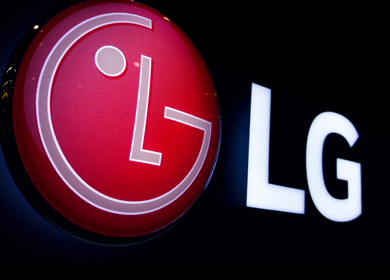Amazon’s “Sound it Out” campaign – helping tackle mental health issues in youngsters.
Published: April 13, 2023

The Ad Council is partnering with Amazon’s ad division to play music through Alexa to pave the way for parents / adults / care givers to talk to young people about their mental health.
“When You Can’t Say It, Play It” is available on Amazon.com as part of the Ad Council’s “Sound It Out” campaign, which was created along with Melinda Gates’ investment company Pivotal Ventures. The Ad Council plans to spend $65 million during the next seven years on this.
Parents can now go to the “Sound It Out” campaign page on Amazon.com, (which was created by Amazon Ads’ Brand Innovation Lab) and then type an emotion like “happy” or “frustrated” in a search box. They will get a list of songs that they can share with their young teen, through Alexa on an Echo device or a free Alexa app. This, they hope, will open a channel of communication between the parent and the child, and the idea of a parent checking in on their child, is normalized.
This will be advertised through “Muchas Flores,” a film by Amazon Ads’ Brand Innovation Lab, which depicts a parent struggling to talk to their upset teenager, who sends them a song to listen to later at school.
This spot will run on Amazon’s owned and third-party platforms including streaming video, digital, audio, Fire TV and Amazon's interactive ads; and promoted on Amazon’s website, social media and audio ads on all Alexa-enabled devices such as Amazon Music’s free tier and Amazon Echo. It will also be promoted on streaming TV including Roku, Samsung, LG, Fire TV, Blu-ray players, gaming consoles such as Xbox and PlayStation, and connected devices such as Fire Stick.
Amazon has partnered with Influencers like Ambar Lucid, Nico Craig, JJ Hairston and Carla Morrison who will share the film and other assets on their social media.
Amazon’s latest move – a marketing gimmick?
Mental health is something that is getting more attention now than ever before. The events of the last few years in particular which forced everyone into a completely different lifestyle have had its detrimental effects on just about everyone. And mental health is being discussed far more openly than it has been done earlier.
According to the WHO, “depression is one of the leading causes of illness and disability among adolescents, and suicide is the second leading cause of death in people aged 15–19 years.”
In this context, it is wonderful that a mammoth brand such as Amazon is getting into this space and doing something altruistic such as this. With the kind of tech and networking that Amazon has, the reach of this campaign would be truly far and wide.
To use something so personal such as Alexa that is ubiquitous in homes these days, to open channels of communication between parents and children, is truly commendable.
But is it a purely altruistic move on the part of Amazon?
With all the bad press about employees complaining about the poor working conditions, the giant short-changing workers on their paychecks, the quick delivery promise putting all kinds of dangerous pressure on delivery personnel – (the list is long) is this just to salvage their brand from all the negativity?
Or is it a clever way of finding even more information (Amazon already knows too much) – highly personal information about the mental health of youngsters – through Alexa and Echo and all the connected intelligent systems that it operates?
While this whole campaign might use technology to open a channel of communication between parents and their teenagers, there could also be a dark side to this. Where does one draw the line on privacy? And how much is too much?










Be the first one to comment.